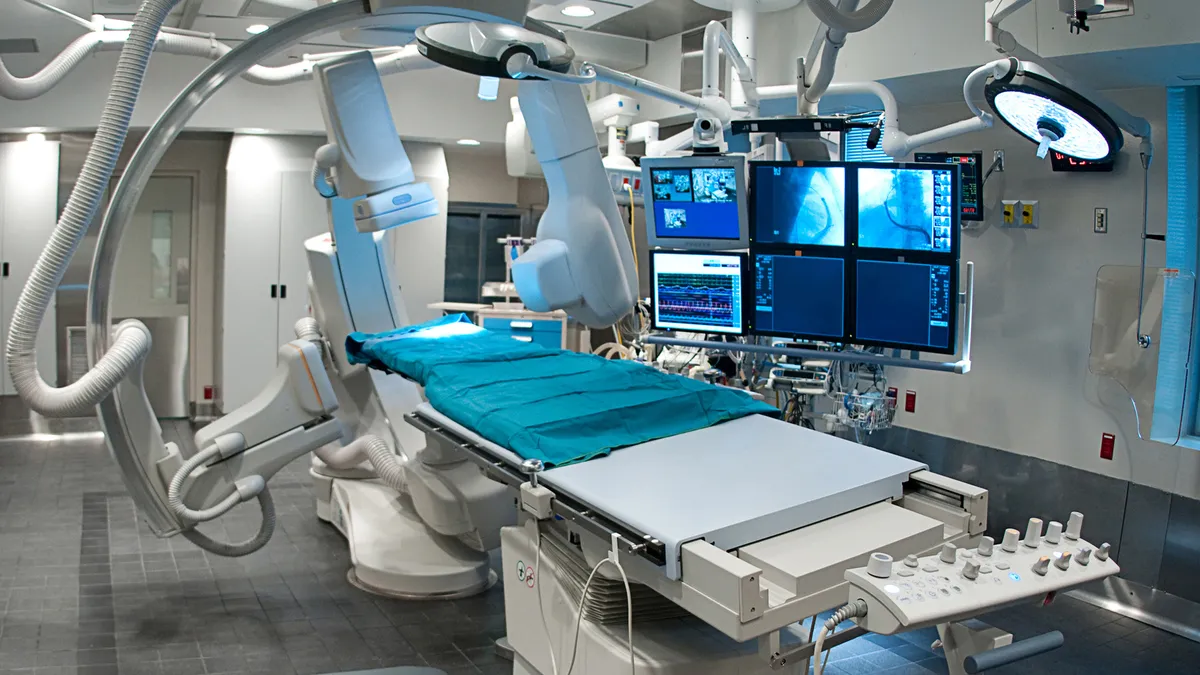Dive Brief:
- FDA announced Tuesday it approved U.K.-based Endomagnetics’ Magtrace and Sentimag Magnetic Localization System (Sentimag System), a magnetic device system that guides sentinel lymph node biopsies for certain breast cancers.
- The approval comes a day after the surgical guidance company announced it raised $10 million in Series C funding for more R&D into its magnetic sensing imaging technology.
- FDA said a trial of 147 patients with breast cancer showed a lymph node detection rate for the Sentimag system of 94.3% compared to a control method rate of 93.5% when using blue dye and radioactive materials together with a gamma probe. Patients were given both methods to compare detection rates.
Dive Insight:
The system, which helps guide lymph node biopsies for breast cancer patients undergoing mastectomy, utilizes magnetic rather than radioactive materials.
During a biopsy procedure, a magnetic tracer drug is injected into the breast tissue to allow the Sentimag system to detect a sentinel lymph node, which can then be removed by a surgeon and checked by a pathologist for cancer cells.
“Sentinel lymph node biopsies are crucial for determining whether a patient’s breast cancer has spread and helping the provider determine the most appropriate course of treatment,” said Binita Ashar, director of the Division of Surgical Devices in the FDA’s Center for Devices and Radiological Health, in a statement. “Currently, a sentinel lymph node biopsy is performed after injection of radioactive materials and/or blue dye.”
FDA said that it reviewed the Sentimag system across multiple centers in the agency; CDRH worked with the Center for Drug Evaluation and Research and the Oncology Center of Excellence to conduct the clinical review. CDRH made the final product approval determination.











